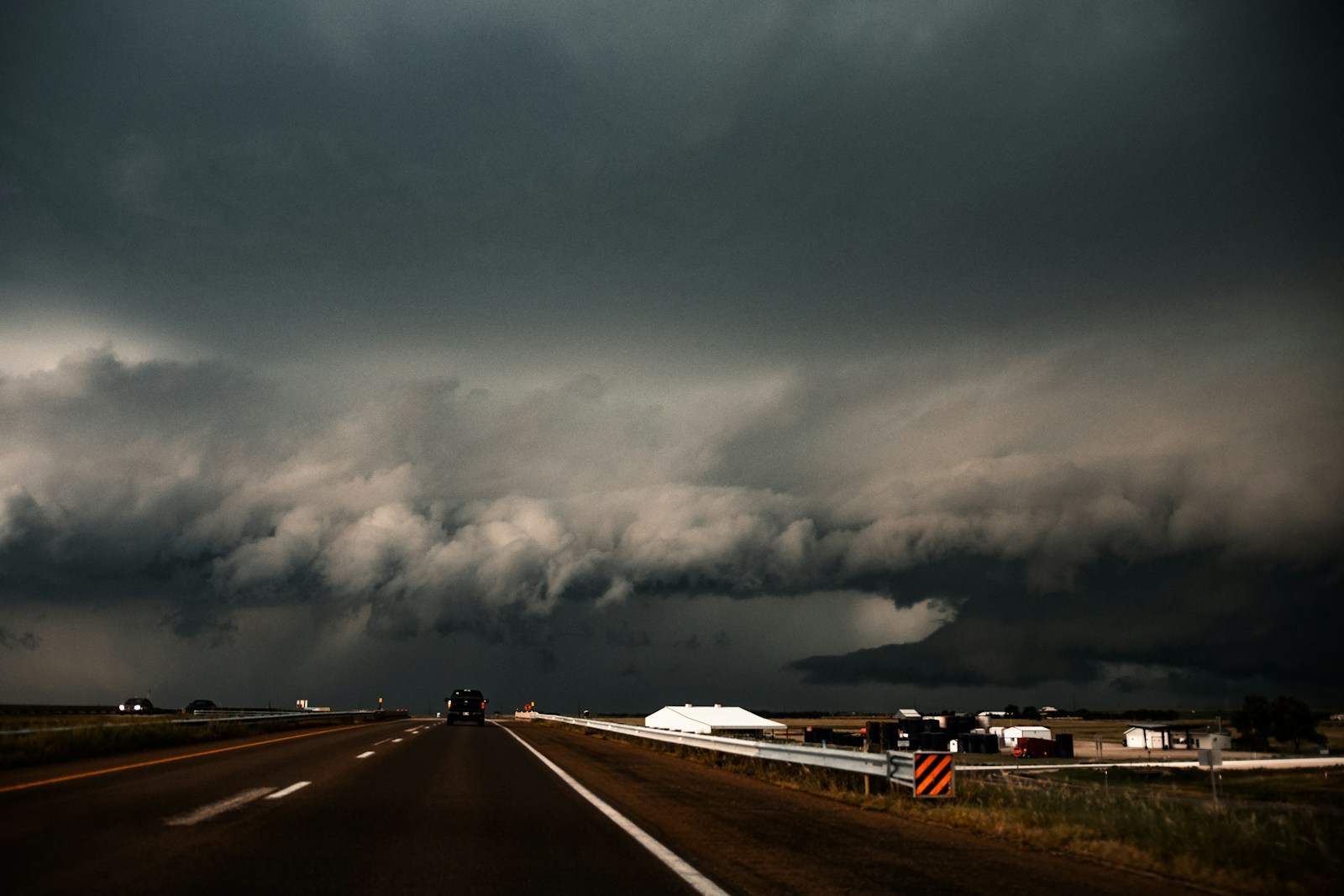
tornado

tornado
The word 'tornado' in Spanish refers to a violently rotating column of air, in contact with the surface of the earth, which often has the form of a funnel or tube from which dust and debris rotate upwards. It is the same term used in English, 'tornado', and it represents one of the most powerful natural phenomena, capable of causing significant devastation and destruction due to its high wind speeds and the debris it can carry.
Example sentences using: tornado
Esta ciudad es famosa por sus tornados.

This city is famous for its tornadoes.
This phrase indicates that a city is known for experiencing tornadoes, suggesting that it occurs regularly.
El tornado arrasó con todo a su paso.

The tornado destroyed everything in its path.
This phrase is used to describe a promising or rising force that suddenly declines by a powerful impact, in this case, a tornado.
¿Te acuerdas del tornado que golpeó nuestra ciudad el año pasado?

Do you remember the tornado that hit our city last year?
This question is commonly asked to recall shared or similar experiences among people. The word 'tornado' refers to a significant weather event.
Se parecía a un tornado, un verdadero desastre.

He was like a tornado, a real disaster.
This sentence is used to compare someone's actions or personality to the havoc caused by a tornado, conveying the idea of destructiveness.
La casa fue consumida por el tornado.

The house was consumed by the tornado.
This phrase describes how a structure, in this case a house, was completely destroyed by a tornado.
Ella sobrevivió al tornado.

She survived the tornado.
This sentence refers to someone's ability to overcome a difficult or dangerous situation, exemplified here by a tornado.
El tornado se formó en el mar y avanzó hacia la costa.

The tornado formed at sea and moved towards the coast.
This statement describes the formation and movement of a tornado, usually associated with significant weather events.
El tornado aniquiló la granja y dejó a la familia sin hogar.

The tornado annihilated the farm and left the family homeless.
This phrase depicts a disastrous situation caused by a tornado, focusing on the consequences for a family.
Nos refugiamos en el sótano durante el tornado.

We took shelter in the basement during the tornado.
In this sentence, it is demonstrated that people often seek a safe place, such as a basement, to stay during a tornado.
El tornado destrozó el campo de maíz.

The tornado destroyed the cornfield.
This sentence refers to the destruction of property caused by a tornado, specifically a field where crops are grown.